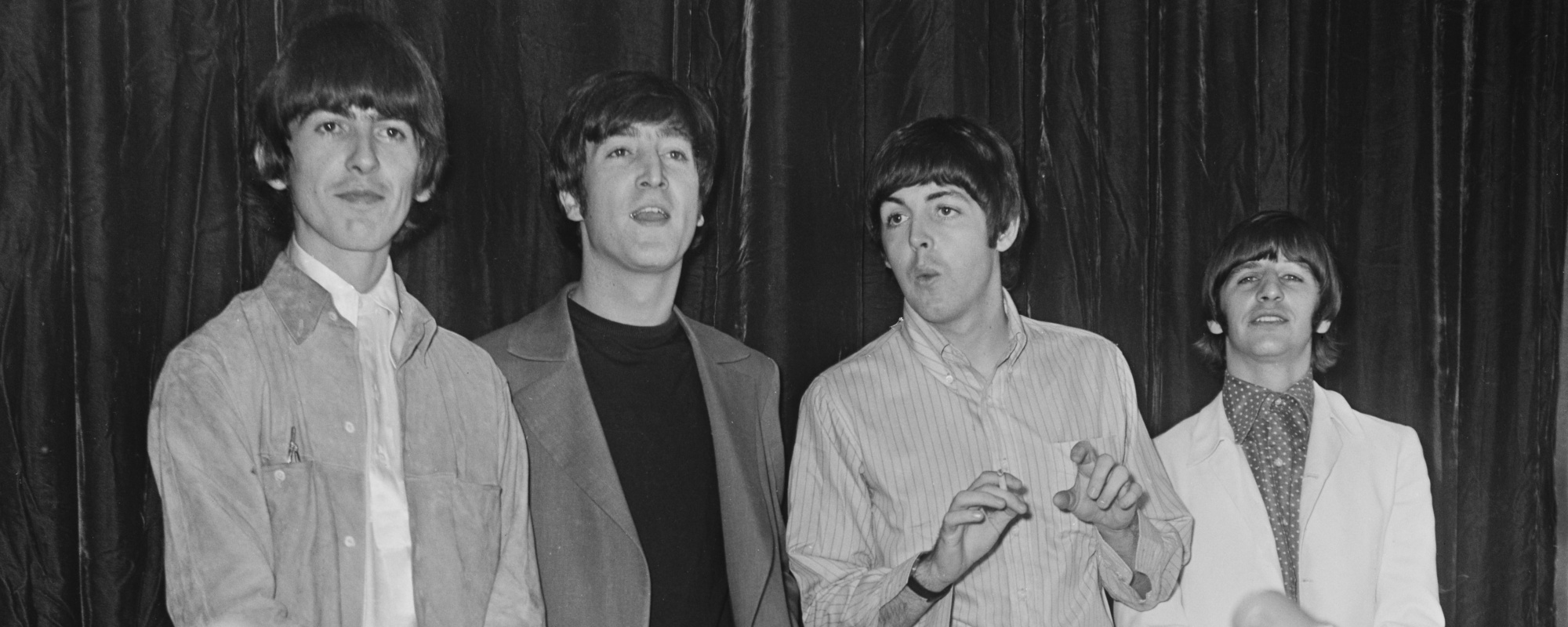Are artists the best judges of their own work? That’s at the heart of the debate surrounding Tom Petty’s 1999 album Echo, which he denigrated not too long after he made it. Petty complained that he was struggling through the raw feelings surrounding the aftermath of a divorce when he made the record, and thus didn’t feel he was 100 percent emotionally and mentally present.
Videos by American Songwriter
He also did little to promote the record when it was released, although it did well enough commercially. It went Gold, the last Heartbreakers’ album to reach that status, and actually charted higher than Into the Great Wide Open, which came out earlier in the decade and featured a couple hit singles with videos that were in heavy MTV rotation. Why is it then that Echo feels a bit forgotten when it comes to the Petty catalog? While the answer for that might be hard to pin down, we’re here to make the case for it as a low-key masterwork.
A Heartbroken Heartbreaker
In 1996, Petty divorced his first wife Jane Benyo, ending a marriage of 22 years. By the time he made Echo, he had already begun seeing his bride-to-be Dana York, but he was also struggling with addiction issues that had flared up after the divorce. Still, it was time to make a record and tour, and he reconvened the Heartbreakers for their first album proper in eight years.
When being interviewed by Dean Goodman to promote his 2002 album The Last DJ, Petty expressed his ambivalence toward Echo. “I haven’t listened to Echo since I cut it,” he said. “I never played it. I looked at the cover the other day and there was a song or two I didn’t recognize, I don’t even remember writing. It was a very hard time when I did that record. It was the only record I did kinda under the gun in my life where there was this huge tour booked and I had to finish the record. And I don’t think I’m gonna put myself in that position again because I feel that I really had to compromise a lot just to get it done and out. It was a crazy time. Divorces are really furious things to go through, really draining. So to try to make a record and get my life together at the same time was really rough.”
Waking Up the Echoes
Does the aural evidence back up Petty’s assessment? We think the answer is a resounding no. Echo is definitely a record made by someone enduring a dark night of the soul. Perhaps Petty didn’t like the fact that it was so personal. One of his distinguishing characteristics as a songwriter was always his ability to slip in and out of different personae for his story songs. But with several of the songs on this record, there seems to be little separation between their writer and the narrators within them.
Opening track “Room at the Top” envisions an imaginary hiding place for someone who just can’t face the cold slap in the face of the reality: I got a room where everyone/Can have a drink and forget those things/That went wrong in their life. “Accused of Love” takes a gallows humor approach to divorce proceedings, although Petty’s bile is barely disguised by the one-liners.
On “No More,” it seems like Petty’s personal issues have even dampened his love for music. “Rhino Skin” depicts what it takes to survive a deep heartbreak, as Petty sings, Love is painful to the touch/Must be made of stronger stuff. He might have claimed he had mentally checked out of the record, but his subconscious was right in there, speaking loud and clear.
The title track is one of the longest songs in the Petty catalog, perhaps because he needs to unburden himself of all the contradictory feelings roiling through him about the person he’s addressing. By song’s end, Petty’s voice is quivering with the emotion of it all. Echo closes out with “One More Day, One More Night,” as the singer begs for some kind of deliverance: Someone better hurry, I’m all alone/I keep breaking down, breaking down, you know?
Beyond all the soul-searching, the album also features some outstanding work by the Heartbreakers, with Campbell in particular tapping into the emotional content of the songs with his anguished guitar solos. Lest you think there’s only confessional stuff here, you can also find “Swingin’,” one of Petty’s most trenchant character sketches, and the blast of defiant energy that is “Free Girl Now.”
On Second Thought
As we mentioned, the damage to this album’s reputation was partly done by the man who made it. But it should be noted that he sort of came around in later years. Listen to this quote from Petty, found in Paul Zollo’s Conversations with Tom Petty:
“I thought for the longest time that I didn’t like it. And later Dana and I were in the car, and (Echo) came on the CD-changer, and I said, ‘Oh, no,’ and she said, ‘Listen to this. Really listen to it.’ And we were driving somewhere that was a fairly long drive, and I listened to it, and I really, really liked it. And I went, ‘Damn, you know, this ain’t that bad, is it?’ For some reason, I got it in my head that I didn’t like it. But I really did like it that day when I heard it in my car.”
Maybe Tom Petty came around too late to save the reputation of Echo as a Heartbreakers’ misfire. But it’s never too late for you to check out what is one of the finest pieces of work this man and his band every delivered.
Photo by Theo Wargo/WireImage for Manning, Selvage and Lee













Leave a Reply
Only members can comment. Become a member. Already a member? Log in.